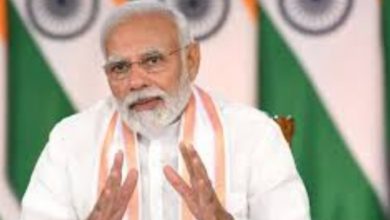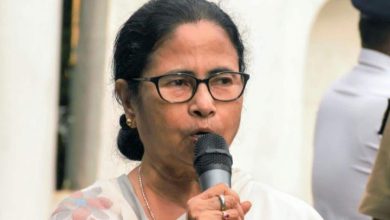Sri Lankan Speaker officially announces resignation of President Gotabaya Rajapaksa

Sri Lankan President Gotabaya Rajapaksa has resigned, Parliament Speaker Mahinda Yapa Abeywardenaon officially announced on Friday, after a week of dramatic developments and massive protests against the government for mishandling the economy that bankrupted the country.
The 73-year-old leader on Thursday emailed his resignation letter to the Speaker soon after he was allowed Singapore to enter the city-state on a “private visit”.
On Friday morning, Speaker Abeywardena formally announced that President Rajapaksa has resigned.
In a brief press statement, the Speaker said that Prime Miner Ranil Wickremesinghe will act as President until a new leader is elected.
He urged public to allow peaceful environment for all lawmakers to take part in the process which should finish within 7 days. The Sri Lankan Parliament will meet on Saturday.
The Speaker had received the resignation letter from Rajapaksa through the Sri Lanka High Commission in Singapore on Thursday night. However, he wanted to make the official announcement after the verification process and legal formalities, his media secretary Indunil Abeywardena had said.
On Saturday, Rajapaksa had announced to step down on July 13 after thousands of protesters stormed his official residence, blaming him for the unprecedented economic crisis that has brought the country to its knees.
He, however, fled to the Maldives without resigning from his office. From Maldives, he went to Singapore on Thursday.
A spokesperson for Singapore Minry of Foreign Affairs said that Rajapaksa has been “allowed entry into Singapore on a private visit”.
He has not asked for asylum and neither has he been granted any asylum, the spokesperson said, adding Singapore generally does not grant requests for asylum.
Rajapaksa was the first person with the army background to be elected as Sri Lanka’s President in 2019.
Sri Lanka, a country of 22 million people, is under the grip of an unprecedented economic turmoil, the worst in seven decades, leaving millions struggling to buy food, medicine, fuel and other essentials. In several major cities, including Colombo, hundreds are forced to stand in line for hours to buy fuel, sometimes clashing with police and the military as they wait.





